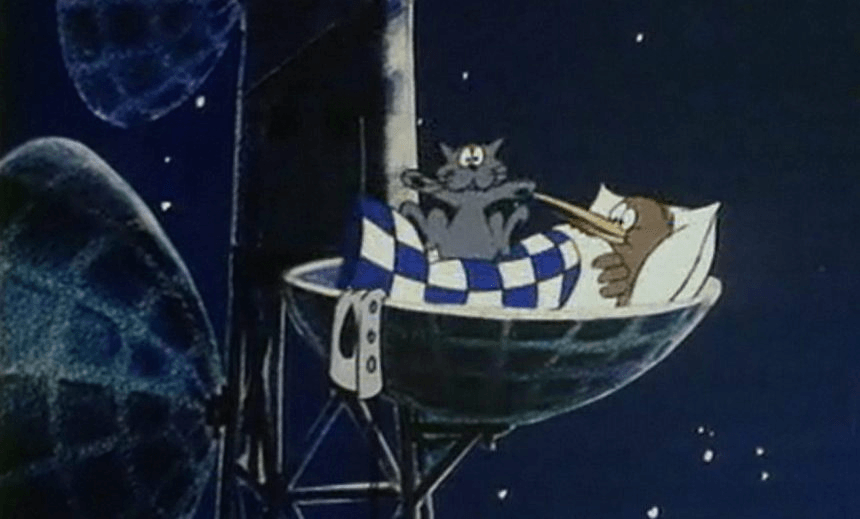Will Jacinda Ardern and her new cabinet mess with our beloved remote? Duncan Greive inspects the broadcasting policies of Labour, NZ First and the Greens to find out.
The elevation of Jacinda Ardern to prime minister has led to torrents of words being typed – about her youth, her gender, her impact on national sporting teams. And about what the new government might mean for very important issues like housing, child poverty and public transport.
But what about the telly?! After an exhausting day curing the nation of what bedevils it, what kind of content does the new government envisage us watching of an evening? I have read the broadcasting policies of Labour, The Greens and NZ First, and thus feel comfortable presenting the below propositions, in tiers according to how likely they are to happen.
Near inevitable:
RNZ+
Labour like building new TV channels almost as much as National like building roads. Last time it was TVNZ 7 and Heartland. This time, tellingly, Labour has so little trust in TVNZ that it’s decided to teach its radio station (albeit one with an increasingly strong digital presence) to make television, rather than convince its state-owned network to make public-spirited TV. RNZ+ is budgeted at around $40m, a tantalisingly in-between number. It’s similar to the $50m it takes to run Māori Television, and more than the $30m or so it takes to run RNZ currently. Yet TVNZ currently spends over $300m on its operations, so RNZ will have to be at least as lean and resourceful as they have been to this point to make RNZ+ – which will also be tasked with significantly expanded digital output – command mass attention.
Increase in captioning via default medium of internet
Both Labour and the Greens make reference to captioning for increased accessibility as being a priority. Helpfully, the rise of the smartphone, with captioned videos watched on silent, makes this case even stronger than it already was.
Māori Television and NZ on Air to stay
All parties make mention of support for the NZ on Air model, while both Labour and the Greens express support for Māori Television in its current format.
Probable:
Some form of regulatory increase
Collectively Labour, the Greens and NZ First mention variations on regulation 20 times across their policy documents. All express serious concerns about issues ranging from violence on TV (the Greens have a whole section devoted to this quaint-sounding concept) to violence on the internet (NZ First, curiously). There are frequently-expressed desires for a utopian-sounding media environment which is both independent, predominantly NZ-owned and pluralist, without a lot of detail about how that might be accomplished.
The general vibe is that there might be some effort made to make the internet less of a hellscape (good luck with that) and TV less violent (seems like it’s mainly home reno shows, so…), while also likely dealing with the backed up issues around the heavy oversight of broadcast media (through the BSA and ASA) contrasting with the near-complete absence of any such consumer protections online.
Reform of NZ on Air
Our near-unique outsourced model of funding public good content is safe – but reform is near-inevitable. The most likely scenario seems to be greater effort made to direct its actions. The Greens want more drama; NZ First a five yearly review cycle; Labour more effort to engage with the digital environment. Some combination of the above, along with the first funding boost in some time, seems likely. The biggest change, however, might be the removal of RNZ from its nominal NZ on Air oversight and funding to break it away into a standalone and nominally independent entity – something all three parties broadly agree on.
Possible but unlikely:
TVNZ goes commercial free
NZ First want a commercial free TVNZ 1, and the Greens express interest in more commercial free media, but the round number cost of doing to TVNZ 1 would be north of $100m easy, and it seems likely to be replaced by the similarly-intentioned RNZ+.
Live sport free-to-air
Both Labour and the Greens make specific reference to drama in their policy; neither make reference to sports – in its own way shocking, and illustrative of their worldview. So the big ticket NZ First policy to mirror Australian ‘anti-siphoning’ legislation and mandate that major sporting events be live and free-to-air is unlikely to be passed, again largely due to its prohibitive cost. The only caveat being that Sky is in a slow crisis, and might make overtures at some point to place more of its content live on its free-to-air channel Prime – if the government chipped in.
Impossible:
TVNZ gets sold
TVNZ is safe. Despite its CEO Kevin Kenrick recently opining “I think the whole thing around public service… is an outdated concept”, the statist instincts of the coalition mean that the state broadcaster is likely to be left alone. Labour wants it to provide back-end broadcast support for RNZ+ – the channel it seemingly wishes TVNZ 1 was – but otherwise it will largely be allowed to mind its own (increasingly difficult) business.
*
The overall thrust of all this is much in line with how the campaign was fought, and what the government has implied in its first days. National did almost nothing to broadcasting in its nine years, beyond freezing funding, and allowed key infrastructure to either evolve if it was good, or wither away if it wasn’t. The new government is not going to just sit by and watch – it’s going to get its hands on the levers and start pulling. Given the immense changes which have occurred in technology and audience behaviour over the past ten years, that is long overdue.
Correction: an earlier version of this story suggested Māori Television’s budget was around $16m. In fact, after taking into account separate funding for external productions from NZOA and TMP, it’s more like $50m – a more like-for-like figure for RNZ+.
